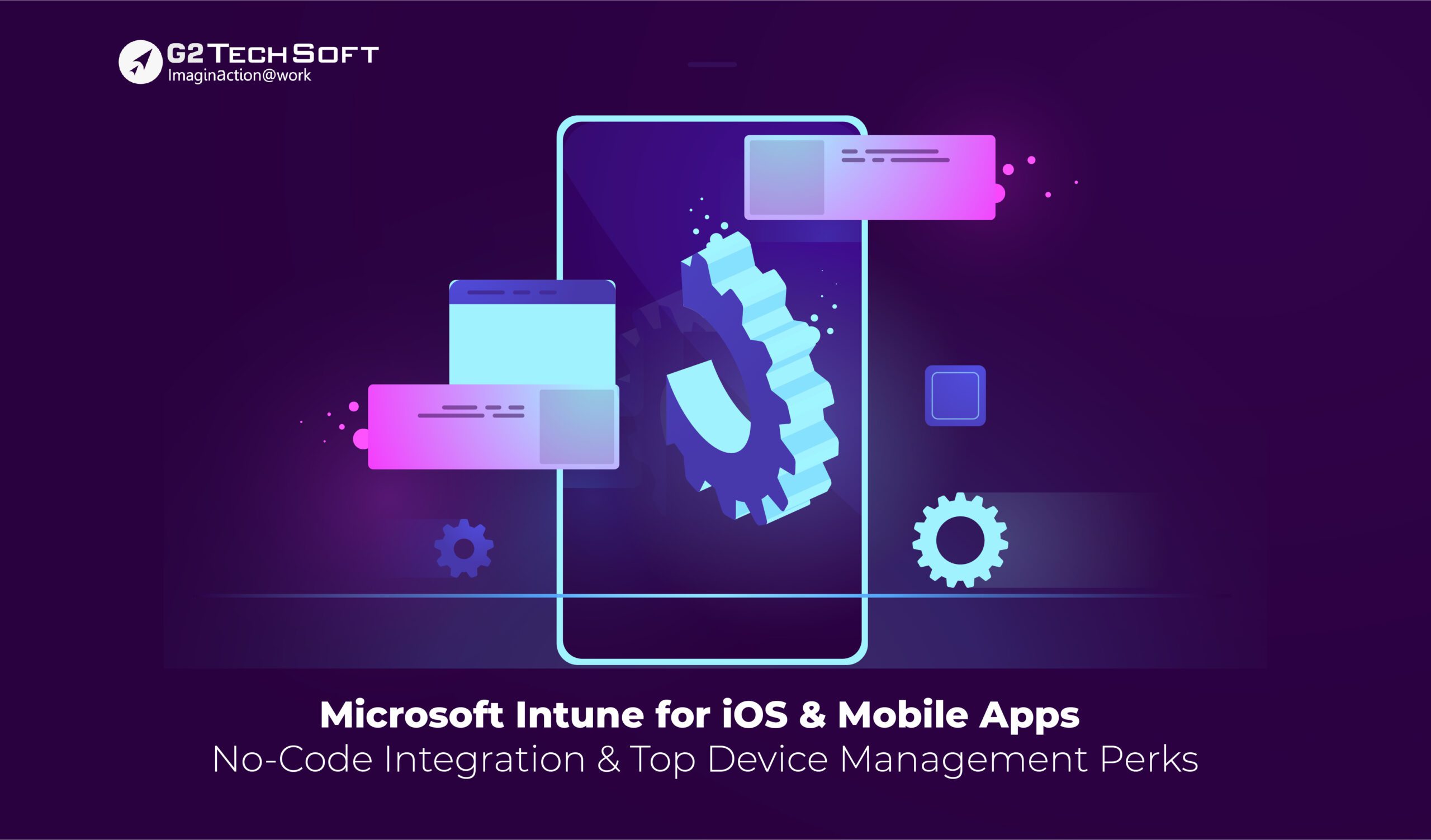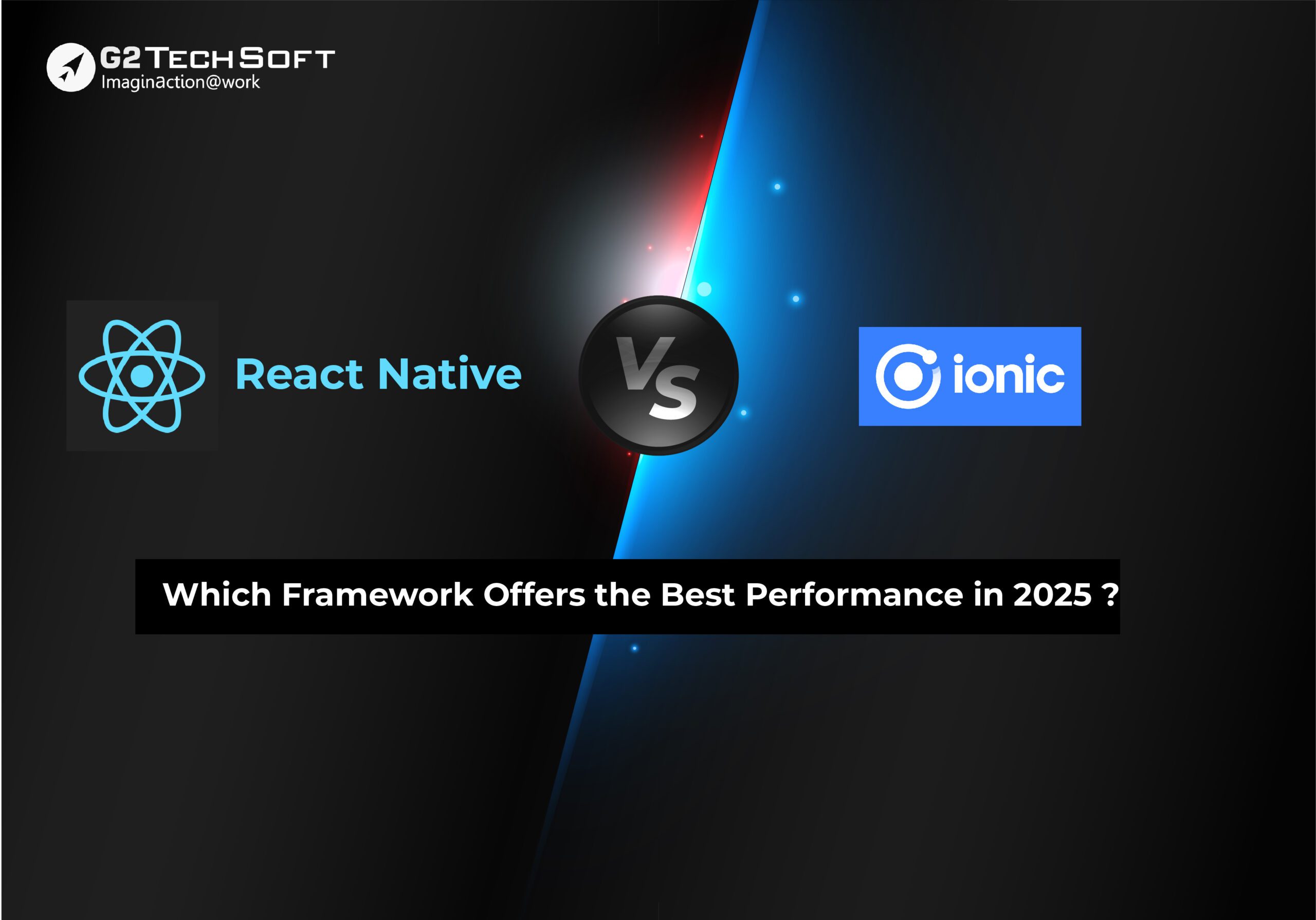
Top Reasons and Challenges to Using React Native for Mobile App Development
React Native app development has gained significant popularity in recent years. It is an open-source framework developed by Facebook that allows developers to build cross-platform mobile applications using JavaScript. Many companies specialize in React Native app development, offering services to businesses seeking to create React Native app development. Leveraging React Native, these companies can create native-like mobile apps for iOS and Android platforms using the power of JavaScript.
React Native provides a vast collection of pre-built UI components that closely resemble native components, enabling developers to create visually appealing and user-friendly mobile apps. The framework follows a declarative programming style, allowing developers to focus on defining the desired UI, while it takes care of rendering it on the target platform.
In 2023, React Native experienced numerous updates and improvements. Notable advancements include the introduction of React
- Native Fabric, a new architecture focused on performance and stability. TurboModules have been developed to enhance JavaScript-to-native communication, resulting in faster and more reliable interactions.
- The integration of the Hermes JavaScript engine offers improved app execution with reduced memory usage.
- Concurrent Mode, a new feature, allows for more responsive and performant applications by prioritizing high-priority updates and breaking work into smaller units.
How popular React Native is and on which all platforms it is used for
React Native has gained immense popularity as one of the best mobile app development frameworks available today. It is widely recognized as the go-to solution for creating top-notch mobile apps. With React Native, developers can build high-quality and feature-rich mobile apps using JavaScript.
As a cross-platform framework, React Native allows developers to create mobile apps that run seamlessly on both iOS and Android platforms. This eliminates the need for separate development efforts, saving time and resources. By leveraging React Native, businesses can efficiently build and deploy their apps across multiple platforms, reaching a larger user base.
It has become the preferred choice for many companies and developers. Renowned organizations like Facebook, Instagram, Airbnb, Pinterest, and Bloomberg have successfully utilized React Native to build their mobile apps. This showcases the framework’s reliability, performance, and ability to deliver outstanding user experiences.
With its extensive library of pre-built components, it simplifies the app development process. Developers can leverage these components to create visually appealing and responsive user interfaces. Furthermore, React Native boasts a thriving ecosystem with a wide range of tools, libraries, and community support. This ecosystem ensures continuous updates, bug fixes, and the availability of additional packages, enhancing the development experience.
No wonder it is widely regarded as the best mobile app development framework, enabling businesses and developers to create powerful and efficient mobile apps. Its cross-platform capabilities, extensive component library, and strong community support make it an ideal choice for building React Native mobile apps.
Top 10 Reasons to Choose React Native for Your Mobile App Development
When it comes to mobile app development, React Native has emerged as a popular and preferred choice for businesses and developers. Here are the top 10 reasons why you should choose React Native for your mobile app development project:
- Cross-Platform Compatibility: React Native allows you to build apps that can run on both iOS and Android platforms, saving time and resources required for separate development.
- Single Codebase: With React Native, you can write a single codebase in JavaScript and use it for developing apps across different platforms. This reduces development efforts and ensures consistent functionality across devices.
- Native-like Performance: React Native offers a native-like performance by rendering UI components as native widgets, resulting in a smooth and responsive user experience.
- Time and Cost Efficiency: By utilizing a single codebase and shared components, React Native significantly reduces development time and costs compared to building separate native apps for each platform.
- Vast Ecosystem and Community Support: React Native benefits from a thriving ecosystem with numerous libraries, tools, and pre-built components. It also enjoys strong community support, providing regular updates, bug fixes, and solutions to common challenges.
- Hot Reloading: React Native’s hot reloading feature allows developers to instantly view the changes made in the code, enhancing the development and debugging process and improving productivity.
- Third-Party Plugin Compatibility: React Native seamlessly integrates with a wide range of third-party plugins, enabling access to devise functionalities and accelerating development without compromising performance.
- Reusability of Code: React Native promotes code reusability, allowing developers to share business logic and components across different platforms, reducing redundant code and improving maintainability.
- Live Updates: React Native’s ability to push live updates directly to users’ devices eliminates the need for app store approvals, enabling quick bug fixes, feature enhancements, and seamless user experience improvements.
- Strong Industry Adoption: React Native is widely adopted by prominent companies like Facebook, Instagram, Airbnb, and Tesla, demonstrating its reliability, scalability, and suitability for various industry domains.
While considering mobile app development, partnering with a mobile app development company experienced in React Native can further leverage the framework’s capabilities. Their expertise in utilizing the react create app process, along with their knowledge of best practices in mobile application development, ensures the successful delivery of high-quality native apps across platforms.
Pros and Cons of React Native in Mobile App Development
It’s important to consider the following pros and cons while evaluating React Native as a mobile app development framework.
Pros of React Native for mobile application development:
- Cross-platform Development: React Native enables the development of mobile apps that can run on both iOS and Android platforms, allowing for code reuse and reducing development time and costs.
- Native-like Performance: React Native uses native components and optimizes performance by rendering them directly on the device, resulting in a highly responsive and smooth user experience.
- Code Reusability: React Native promotes code reusability, allowing developers to write a single codebase that can be shared across multiple platforms, reducing redundancy and improving development efficiency.
- Hot Reloading: The hot reloading feature in React Native enables developers to instantly see the changes they make to the code without the need for a full app rebuild, speeding up the development and debugging process.
- Third-Party Plugin Compatibility: React Native seamlessly integrates with a wide range of third-party plugins, giving developers access to various device functionalities and expanding the capabilities of their apps.
Cons of React Native for mobile application development:
- Limited Native Functionality: While React Native provides access to many native device features, there may be cases where certain advanced or platform-specific functionalities are not readily available. In such cases, custom native code or modules may need to be implemented.
- Performance Limitations: While React Native offers impressive performance, there may be scenarios where highly complex or computationally intensive tasks perform better in native development or other frameworks.
- Learning Curve: Developers new to React Native may require some time to learn the framework and its concepts, especially if they are not familiar with React or JavaScript.
- UI/UX Consistency: Although React Native provides a set of pre-built UI components, achieving pixel-perfect UI consistency across different platforms can be challenging. Custom styling and platform-specific adjustments may be necessary.
- Dependency on React Native Community: React Native relies heavily on its community for updates, bug fixes, and support. While the community is active and vibrant, reliance on external contributors can sometimes lead to delays in addressing issues or compatibility with new platform features.
Potential Challenges and Limitations in React Mobile Development
It is crucial to assess the specific requirements of your project. While React Native provides a wide range of functionalities, there may be cases where certain advanced or platform-specific features are not readily available. In such instances, additional native code or modules may be required, which can introduce complexity to the development process.
Furthermore, achieving pixel-perfect UI consistency across different platforms can be challenging with React Native. While the framework provides pre-built UI components, customization and adjustments may be needed to ensure a consistent user interface and user experience across iOS and Android.
Additionally, developers new to React Native may face a learning curve, especially if they are not familiar with React or JavaScript. It may take some time to grasp the framework’s concepts and best practices, which could impact the initial development phase.
Considering these factors, it is crucial to assess your project’s unique requirements and objectives. While React Native offers significant advantages in terms of cross-platform development and performance, it’s essential to weigh them against the potential challenges and consider alternative frameworks or native development if necessary.
Key Takeaways
Now that you understand the reasons behind choosing React Native, it’s evident that this technology framework is precise, cross-platform, cross-browser, and revolutionary. React Native has gained widespread recognition with billions of users worldwide, making it a powerful tool in the global marketplace and industry.
As a prominent React Native development company, G2TechSoft holds a strong global presence and extensive expertise in successfully delivering React Native projects. Our team of skilled developers has executed numerous projects based on React Native, providing innovative solutions that drive business growth.
If you are seeking a trustworthy partner for your React Native development needs, your search ends here.
Get in touch with us today to discuss your React Native project requirements and hire dedicated React Native developers for your upcoming venture.




